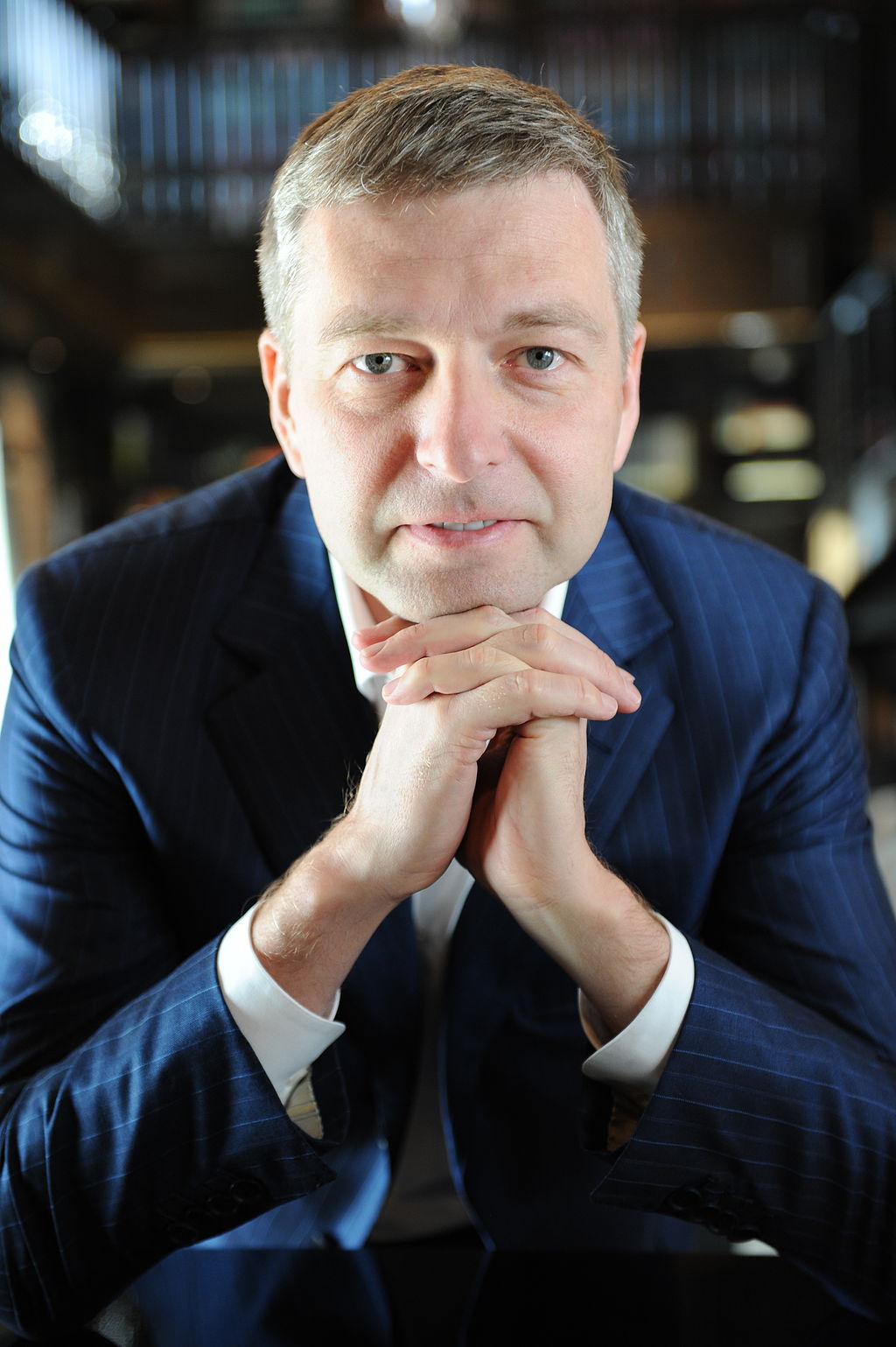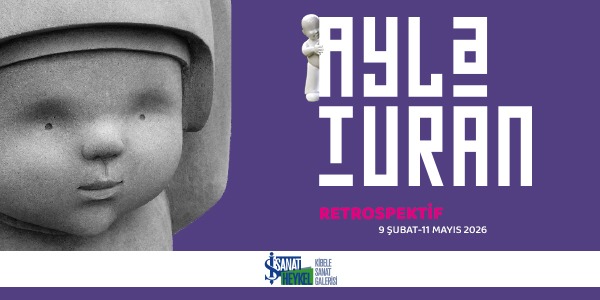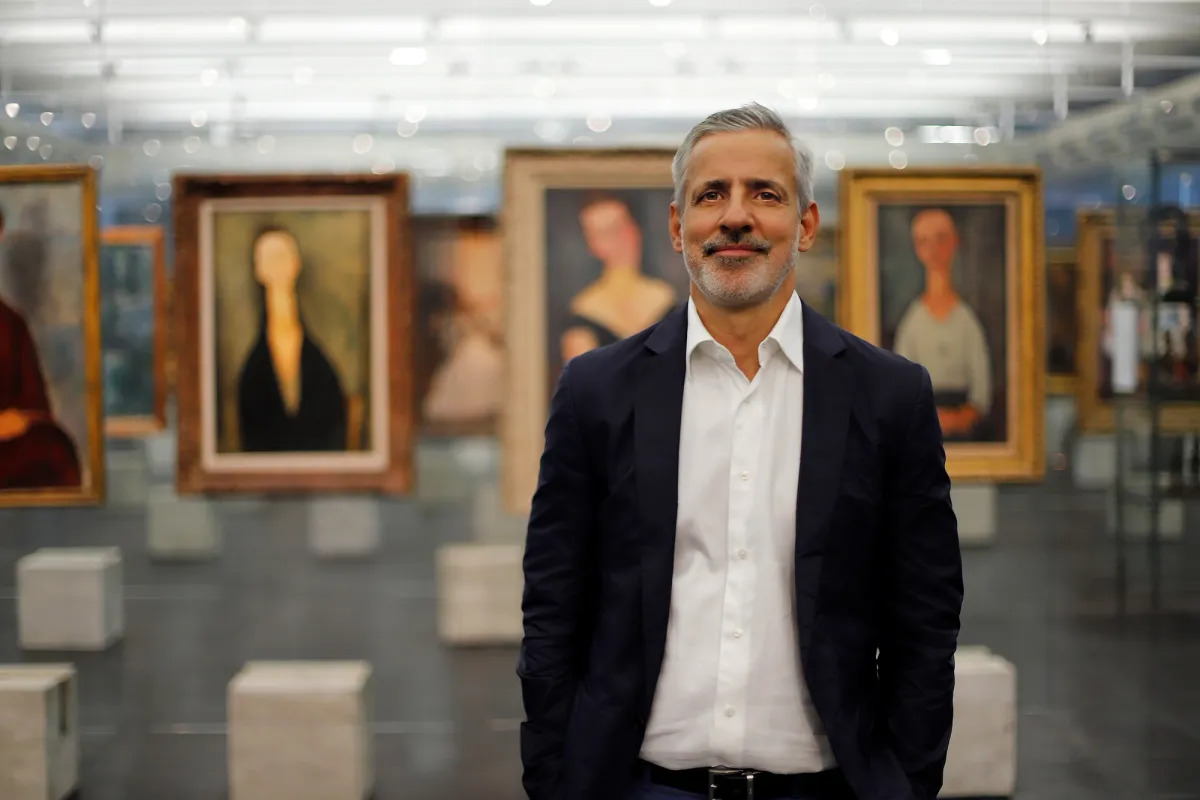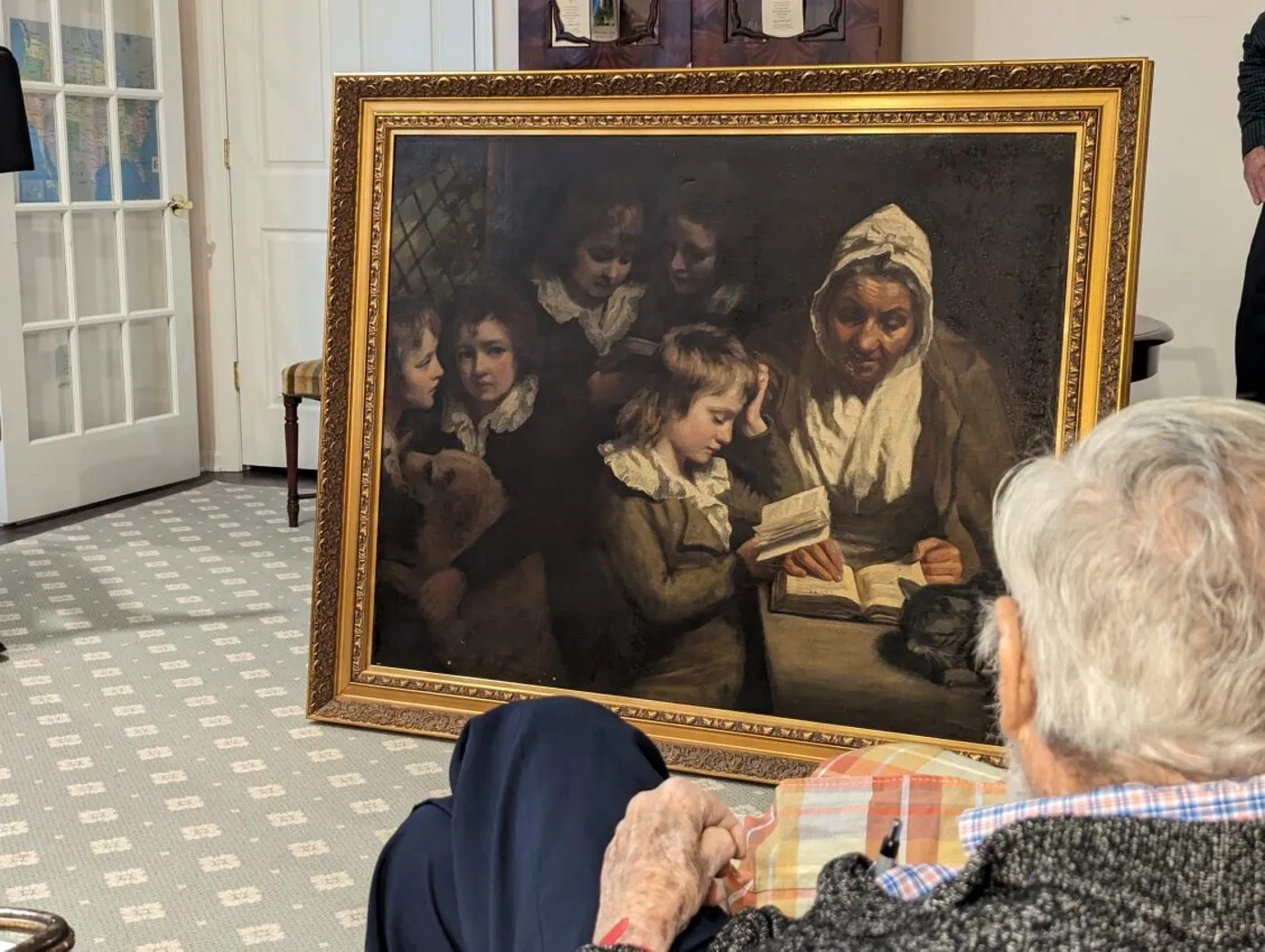Sotheby’s was cleared on Jan 30 in a Manhattan federal court of claims that they helped Swiss art dealer Yves Bouvier defraud Russian billionaire Dmitry Rybolovlev in a high-profile civil case that has spanned several weeks.
After five hours of deliberation, a jury of ten New Yorkers rejected the claims. The evidence presented during the trial included email correspondence between Samuel Valette, the current head of private sales at the auction house, and Bouvier. The plaintiff’s lawyer argued that these emails demonstrated Valette knowingly altering valuations for Bouvier, who then forwarded them to Rybolovlev to justify significant markups on artworks he had already acquired.
In the civil case against Sotheby’s, the plaintiff was required to provide “clear and convincing evidence” that Samuel Valette or his colleagues at the auction house were aware of Yves Bouvier’s alleged manipulative tactics. These tactics often involved emails detailing intense negotiations with seemingly non-existent buyers. Despite the favorable verdict for Sotheby’s, the trial provided insight into the internal workings and business practices of the auction house, offering a rare glimpse into the secretive world of private sales that have become a significant part of their commissions and those of their competitors in recent years.
Daniel Kornstein, the lead attorney for Rybolovlev’s company, Accent Delight International, stated in a release that while they lost the case, they “achieved our goal of shining a light on the lack of transparency that plagues the art market. That secrecy made it difficult to prove a complex aiding and abetting fraud case. This verdict only highlights the need for reforms, which must be made outside the courtroom.”
Throughout the case, Rybolovlev’s attorneys asserted that his ultimate goal was “greater transparency in the art market.” However, during closing arguments, Sotheby’s attorney Marcus Asner argued that while Rybolovlev may have been taken advantage of, his dispute was not with Sotheby’s but with Bouvier. Asner emphasized that the trial was taking place because Rybolovlev sought to make someone else pay for what happened to him.
The trial concludes one of the art world’s longest and most widely-covered feuds. With limited success, Rybolovlev has accused Bouvier of fraud in various jurisdictions globally. His claims against Bouvier in Singapore were dismissed, as the court found Switzerland a more appropriate jurisdiction for their dispute.
While Rybolovlev bought 38 works over the course of his relationship with Bouvier, only 12 were sourced by Sotheby’s, and only four were admitted into the trial by U.S. District Court Judge Jesse M. Furman: Domaine d’Arnheim by Magritte, Klimt’s Water Serpents II, a sculpture by Modigliani, Tete, and Leonardo da Vinci’s Salvator Mundi.









